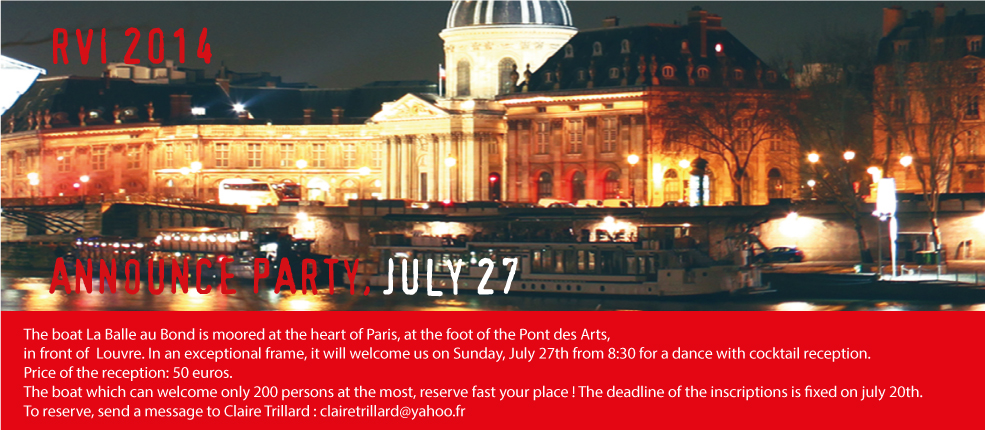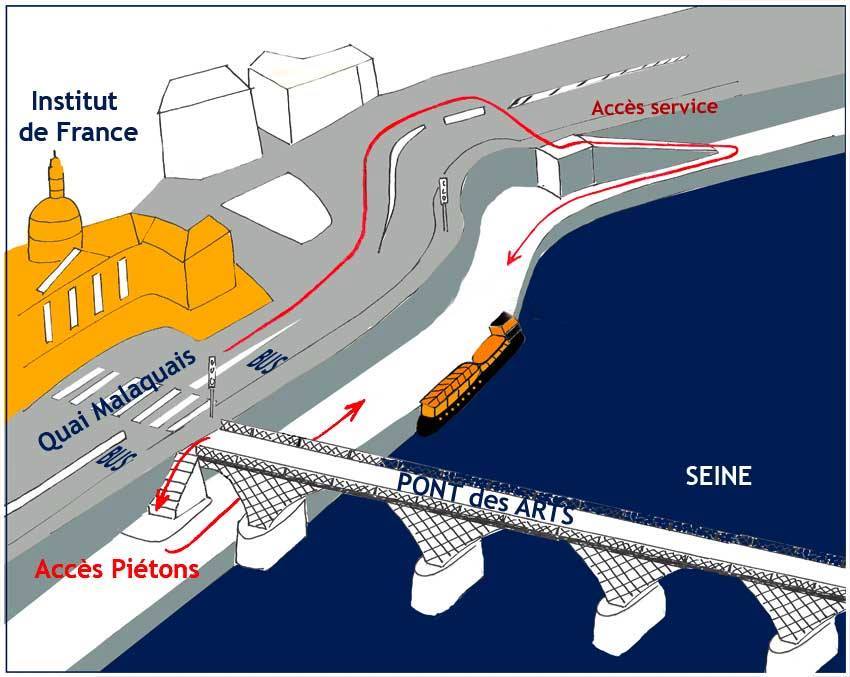To die, to sleep; to sleep, perchance to dream… (Hamlet)
A fundamental desire inhabits sleep and is satisfied in the dream: the desire to sleep. A well-known doctrinal point established in The Interpretation of Dreams, becomes suddenly for Lacan the greatest enigma of the dream mechanism.[1] Why didn’t Freud speak of a need to sleep, rather than of a desire? And why is it only Lacan who is surprised by that?
The body and its jouissance arrive on the scene at that point: “the essence of sleep is the suspension of the body’s relation to jouissance.”[2] When the body is enjoying, we no longer sleep. However, when we are sleeping, we dream. The body that sleeps is certainly unplugged from language which “fits out” jouissance,[3] but not completely; the dream’s knitting remains possible.
The need to sleep? Yes, but… “the needs of speaking beings are contaminated by the fact of being involved in an other satisfaction.”[4] Sleep is involved in the satisfaction that the dream provides. Now, isn’t it “incredible that the power of the dream has gone as far as making a corporeal function of sleep and desire”?[5]
Here, Lacan follows Freud very closely. 1. To dream is an activity that aims at a Lustgewinne, a surplus enjoyment. 2. The dream only functions to protect sleep. 3. “What is it about the dream dependent as it is on the unconscious, that is, on the structure of desire, that would be able to disturb sleep”? This is a question credited to Freud.
In reply, Lacan advances this hypothesis: jouissance is in the very ciphering that the dream work brings into play. The more it ciphers, the more it enjoys and the more it disturbs sleep. However, this does not take us very far. We stop dreaming when we fall into a deep sleep. “Sleep remains protected from jouissance.” It may continue, with the dream’s complicity, which stops just at the appointed time.
“El sueño de la razón produce monstruos,” said Goya. Namely, “the dream of reason…”; but also, “the sleep of reason…” El sueño: the Spanish tongue speaks thus of the dream’s complicity with sleep. El sueño is the signifier of the desire to sleep, the one that says: “we only wake so as to go on sleeping”!
Sleep is thus extended for the parlêtre. It is “not that his body needs more sleep than others,” but that “the imaginary sleeps;” there is in the imaginary “something which requires that the subject sleep.” The imaginary, besides, is that: “the prevalence given over to a need of the body to sleep.”[6]
When, then, will there be an exit from sleep?
The analytic discourse was born from its break from the sleep of hypnosis. Psychoanalysis, born from an awakening! The awakening that implies a desire other than the one to sleep has appeared. A desire that lets itself be questioned by the jouissance that disturbs.
Translated by Esther Faye
[1] Seminar XVII, The Other Side of Psychoanalysis, p. 57.
[2] Séminaire XIX, … ou pire, Seuil, p. 234.
[3] Seminar XX, Encore, p. 55.
[4] Ibid, p. 51.
[5] Séminaire XX1, Les non-dupes errent, 20 November 1973, unpublished.
[6] Ibid., 19 March 1974.


